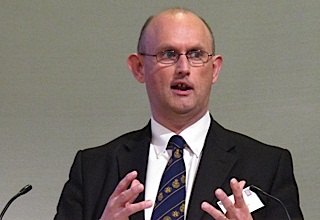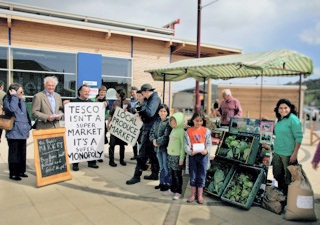The way CAP payment entitlements are to be allocated in future will have a direct impact on the UK’s tenant farmers, warns Tenant Farmers’ Association chief executive George Dunn. The TFA is concerned that, however it is structured, the CAP should support the running costs of farming rather than inflating the book value of its assets.
Setting a future date against which to establish entitlements plays in favour of landowners rather than those working the land, the TFA warns. The position has shifted subtly since April and as a damage limitation exercise, the association may find itself arguing for an allocation based on previous payment entitlements.

“Failing that, EU member states must be able to limit the extent that individuals can claim new entitlements to the claims that they made in 2011 subject to individuals being able to acquire eligibility in freely agreed contracts if they have purchased or taken on land between 2011 and the start of the new regime. This will avoid the sort of land banking that was characteristic before the introduction of the Single Payment Scheme in 2005 when there was speculation as to how it would be implemented,” Dunn explained.
“Land ownership is still very concentrated in the UK,” he told ARC. “About one third of farmland in England and Wales is tenanted, or about one in four farmers.” The high proportion of tenants in England’s farming over the past century means that historically a lot of the country’s agriculture has had to generate a rent as well as a living for farmers.
The situation is not directly comparable to other EU member states. In France, for instance, the rural patchwork of land ownership means that individual farmers can have multiple landlords, whereas in the UK it is common for a landowner to have multiple tenants. The lack of similar patterns of land holding across Europe makes some aspects of the CAP particularly tricky for family farms to negotiate.






